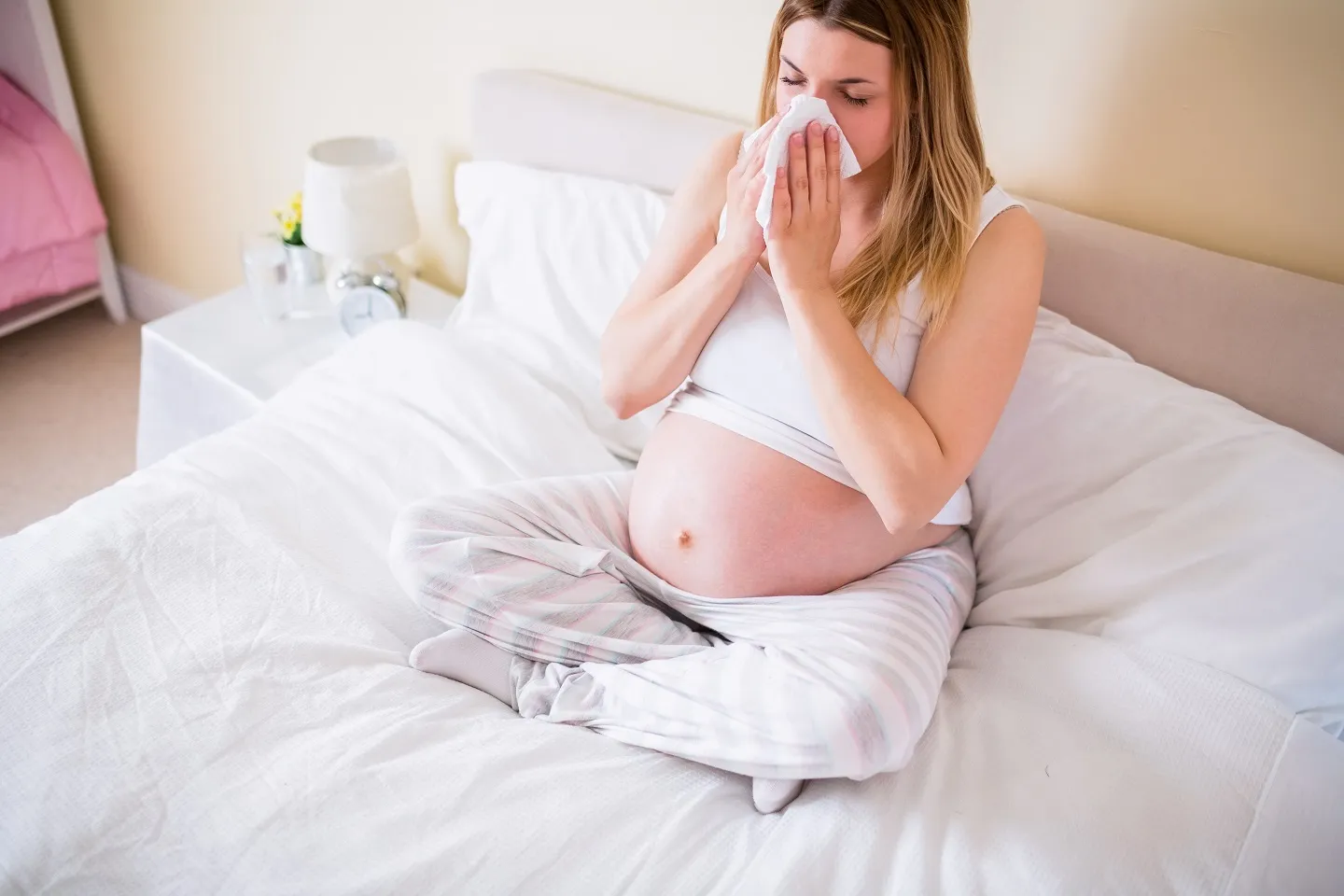Recently, specialists have noticed an increase in parvovirus infections in moms-to-be. This disease, is particularly dangerous during pregnancy due to its possible complications for the fetus. Find out how infection occurs and what are the risks of parvovirus B19 infection in pregnancy.
Parvovirus in pregnancy – what is the disease?
Parvovirus is a childhood viral disease caused by parvovirus B19. It is a pathogen that causes infections most commonly in preschool children referred to as erythema contagiosum, or fifth disease. In children, it usually runs a mild course. About one-fifth of people pass the disease asymptomatically. However, the virus can cross the placenta and cause dangerous consequences in the fetus.
Parvovirus in pregnancy – symptoms
Many people have experienced infectious erythema in their lives without even knowing it. As a result, these individuals have acquired immunity. Sometimes, however, the disease does not appear until adulthood, among other things. During pregnancy. Patients notice a rash, runny nose, cough or weakness, considering it a common cold. The disease for the mother-to-be is usually not dangerous. However, it requires observation, especially Doppler ultrasound because of possible complications for the developing fetus.
Parvovirus in pregnancy – how can you get infected?
Parvovirus infection most often occurs via the droplet route, through contact with a sick child. Its infectivity is greatest before the rash appears. In the rash phase, the child is no longer infectious. Those pregnant women who already have an older child at home have the greatest risk. For this reason, it is advisable to be careful about contact with preschool children during pregnancy and to avoid large groups of children. This is because they can also infect the pregnant woman with other infectious childhood diseases such as smallpox and rubella, which also cause dangerous complications in the fetus.
Parvovirus in pregnancy – possible complications
Parvovirus infection in pregnancy can cause anemia in the fetus, eventually leading to generalized edema and even intrauterine death. The disease is particularly dangerous if the infection occurred between 15 and 20 weeks of pregnancy. Ultrasound diagnosis is very important if contact with a sick baby or infection is suspected in the mother-to-be.
Parvovirus in pregnancy – management
After contact with infectious erythema during pregnancy, it is worth doing an antibody test. It will show whether the pregnant woman has undergone an infection in the past and whether the antibodies present are new or “old.” In the case of symptomatic infection in the mother-to-be, regular ultrasound examinations with assessment of vascular flows, especially of the middle cerebral artery, are necessary. Its elevated maximum contraction velocity (MCA PSV) is associated with fetal anemia and requires medical intervention. In such a situation, the pregnant woman should be referred to a reference center that deals with this type of patient. A cordocentesis procedure is performed there, during which the fetal hemoglobin is determined and a plan is made, if any. Intrauterine transfusion, if the baby’s anemia is confirmed.
The good news is that when detected early enough, parvovirus infection and the implementation of appropriate management, has a very good outcome and allows further normal intrauterine development of the child.
Read more: Illness in pregnancy – the most common conditions of pregnant women.
Rate this article:











